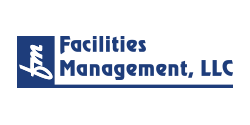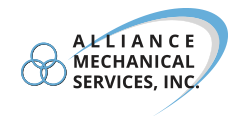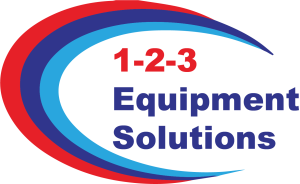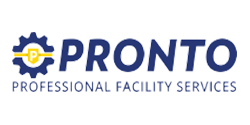Keeping Campus Cafeterias Up and Running: The Power of Regular Maintenance
Campus cafeterias are some of the busiest foodservice environments, serving hundreds or even thousands of students, faculty, and staff each day. With such high demand, reliable and efficient kitchen equipment is essential to keeping operations running seamless.
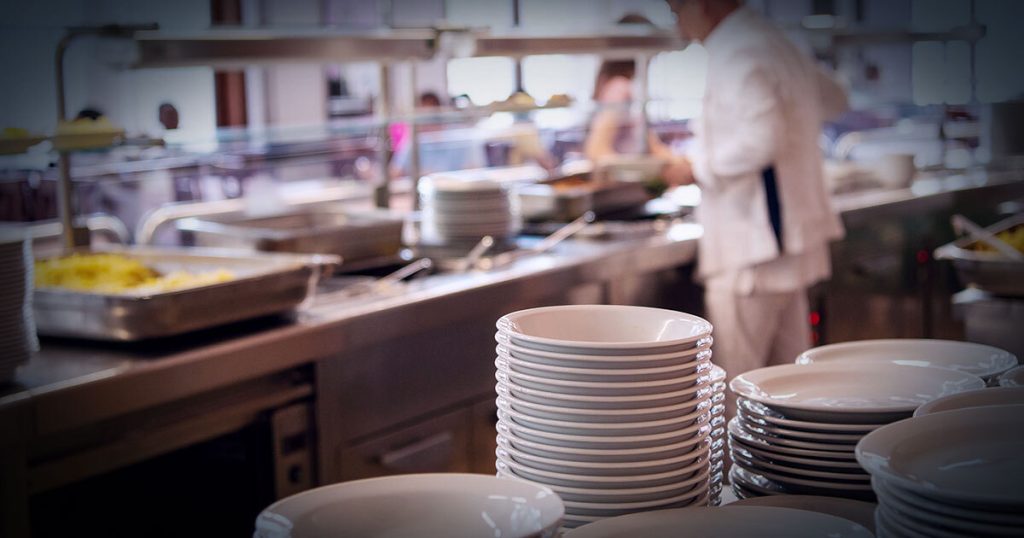
The constant use of equipment in these high-traffic settings makes regular maintenance essential to avoid expensive breakdowns, ensure food safety, and maintain a positive dining experience.
In campus cafeterias, certain pieces of equipment see heavy use throughout the day. These high-traffic items include grills, ovens, fryers, dishwashers, refrigeration units, and beverage dispensers.
During peak meal times — such as breakfast, lunch, and dinner — this equipment is often running non-stop. This constant operation results in significant wear and tear, making regular maintenance even more important.
Benefits of regular maintenance
Equipment longevity = cost savings
Regular maintenance extends the lifespan of expensive kitchen equipment. Routine care, including cleaning, lubricating, and replacing worn parts, can prevent major equipment failures and the need for premature replacements. Investing in regular maintenance can save campus cafeterias hundreds to thousands of dollars in equipment costs over time.
Operational efficiency
Well-maintained equipment runs more efficiently, which is critical in a high-traffic cafeteria. Efficient equipment reduces energy consumption, lowers utility bills, and minimizes downtime during busy periods. By ensuring equipment is always operating at peak performance, cafeterias can serve students quickly and consistently.
Food safety and quality
Regular maintenance directly impacts food safety and quality. Properly maintained equipment can guarantee consistent cooking temperatures and reliable food storage, reducing the risk of foodborne illnesses. Malfunctioning equipment, such as a refrigerator that doesn’t hold the correct temperature, can compromise food safety and lead to potential health code violations.
Consequences of neglecting regular maintenance
Negative impact on campus reputation
The reputation of a campus cafeteria is closely tied to the quality of food and service it provides. Equipment failures that lead to poor food quality, long wait times, or service disruptions can harm the cafeteria’s reputation and lead to negative feedback from students and staff.
Maintaining a positive dining experience is an important part of what keeps students satisfied and returning to the cafeteria.
How to maintain an effective maintenance program
Training for staff
Training cafeteria staff to recognize early signs of equipment issues and perform basic maintenance tasks can greatly enhance the effectiveness of a maintenance program. Staff should be aware of proper cleaning procedures, how to spot potential problems, and when to call in professional maintenance services.
Partnering with professional service providers
For more complex maintenance tasks, it’s important to partner with professional service providers who specialize in foodservice equipment. Expert technicians, like Tech24 provides, can perform thorough inspections, handle complicated repairs, and ensure that equipment meets all necessary safety standards.
Our nationwide reach allows us to operate in numerous locations, providing consistent and reliable service regardless of the campus location.
By implementing an effective maintenance program, campus cafeterias can extend the lifespan of their equipment, reduce the risk of breakdowns, and maintain a positive dining experience for students and staff.
At Tech24, we’re committed to helping you keep your kitchen equipment at its best, so that students can have the fuel that they need to energize them throughout the day. To learn more, contact us at (864) 271-6522 or visit our website.












